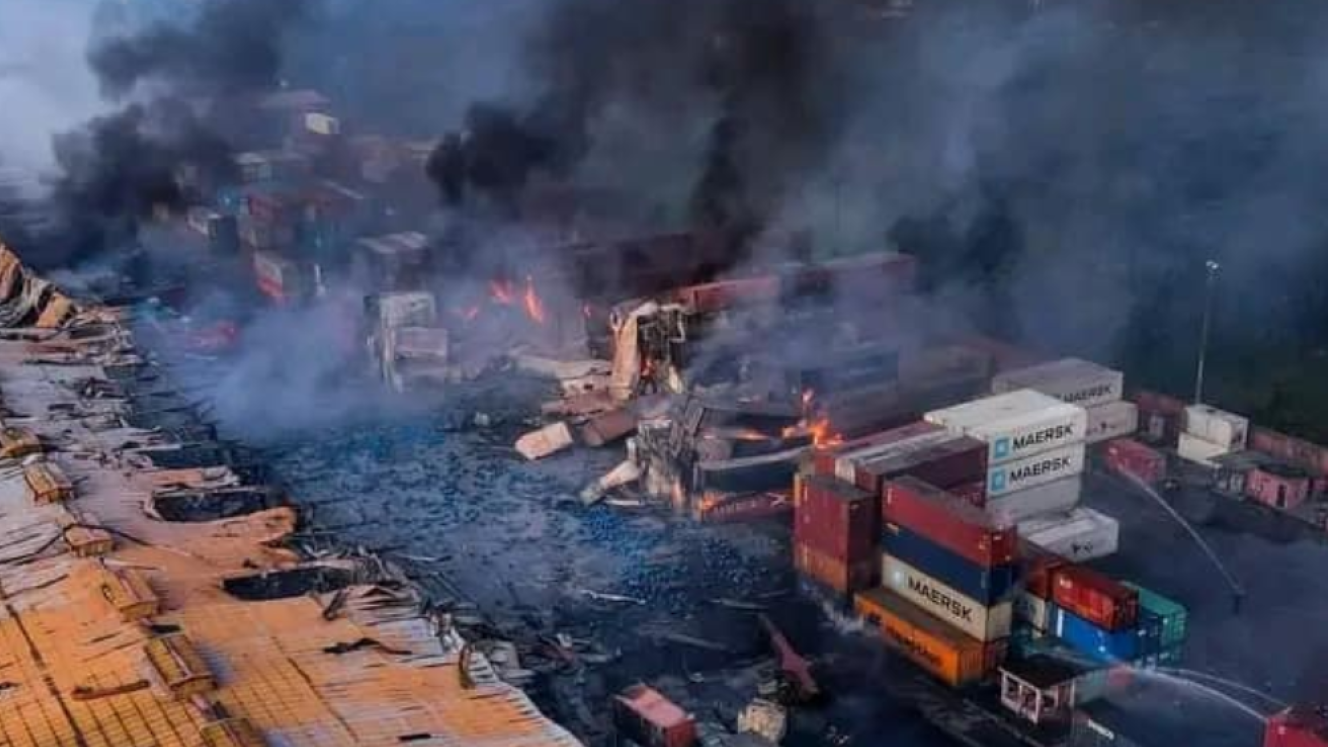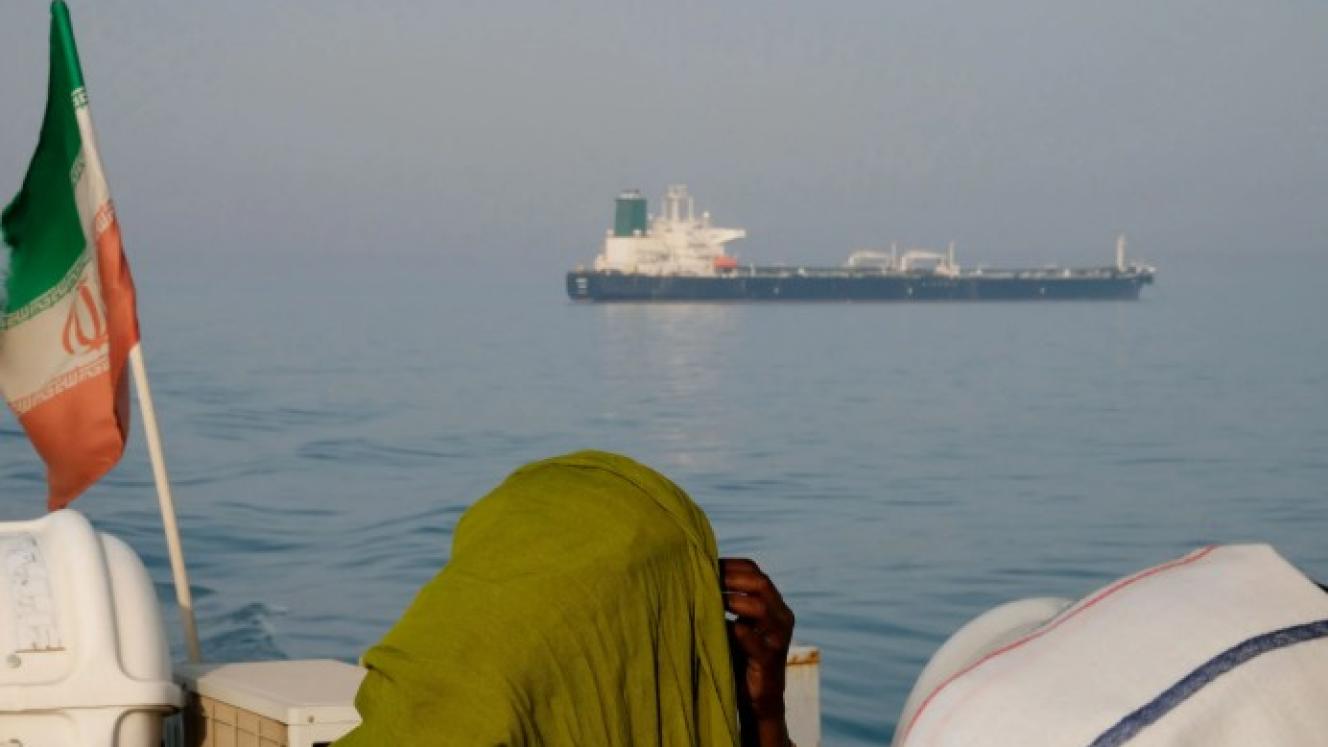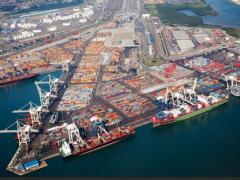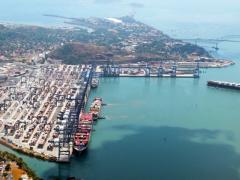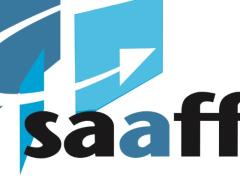Serious questions about suspected cargo misdeclaration and inadequate fire-fighting capacity are being asked this morning after a chemical blaze ripped through a container depot in Bangladesh, killing 49 people and seriously injuring more than 300.
Early indications are that Saturday night’s fire at the Port of Chittagong was caused by hydrogen peroxide igniting inside a container.
The fire rapidly spread to other containers that purportedly also contained volatile cargo, causing a ripple effect of eruptions, finally setting off a massive explosion, shaking nearby buildings and shattering windows.
Firefighters rushing to the BM Container Depot 40 kilometres from the port, soon found themselves engulfed in what seems to have been an uncontrollable blaze, losing nine of their own.
Now, with authorities still looking for people unaccounted for and the death toll expected to rise even further, officials are beginning to look for causes that may have led to the catastrophe.
One of them is Purnachandra Mutsuddi, assistant director of the Chittagong fire station.
Mutsuddi said firefighters were not properly prepared for fighting a chemical fire like Saturday’s, because of non-disclosure by depot officials.
The depot, a joint venture run by a Dutch-Bangladeshi company, allegedly failed to reveal the amount and types of dangerous cargo kept at the facility.
Because of the suspected non-disclosure, firefighters had no idea how serious the situation was when they arrived, Mutsuddi stressed.
Had proper procedures been followed, the station’s response would have been different and handled according to proper methods to fight a chemical blaze.
He told news agency AFP that if more had been known about the depot and its dangerous cargo, loss of life could have been a lot less.
Saturday’s fire again raises the spectre of dangerous goods misdeclaration and the potential consequences of chemical cargo fires.
Volatile cargo requires proper declaration according to Institute Cargo Clauses (ICC), insurance requirements laid down by International Maritime Organization.
Unfortunately, shippers and agents often knowingly declare cargo incorrectly to avoid hefty ICC insurance rates driving up freight costs.
